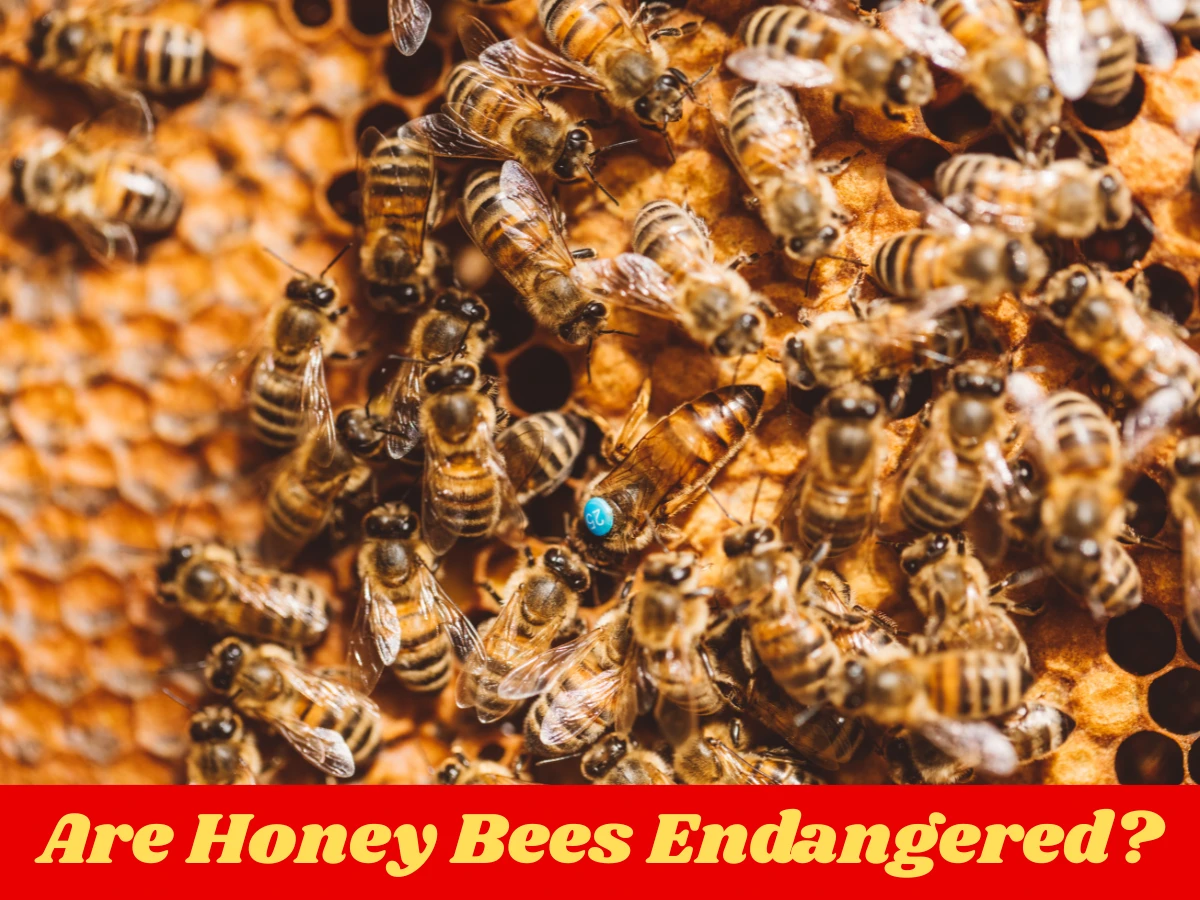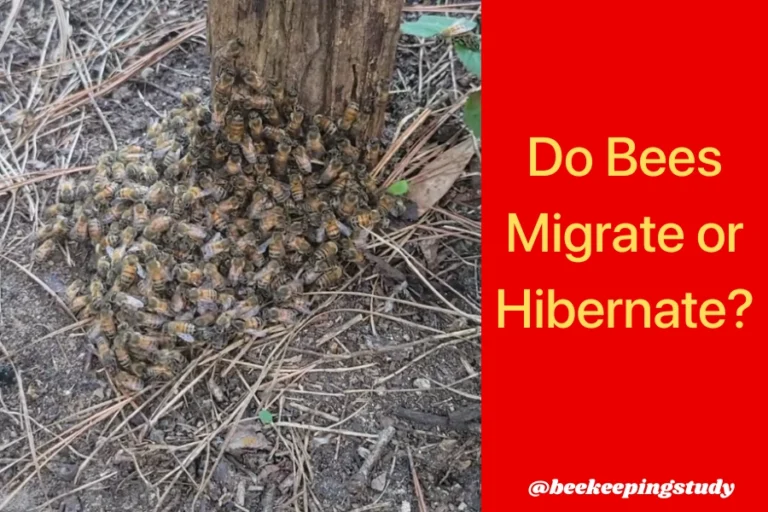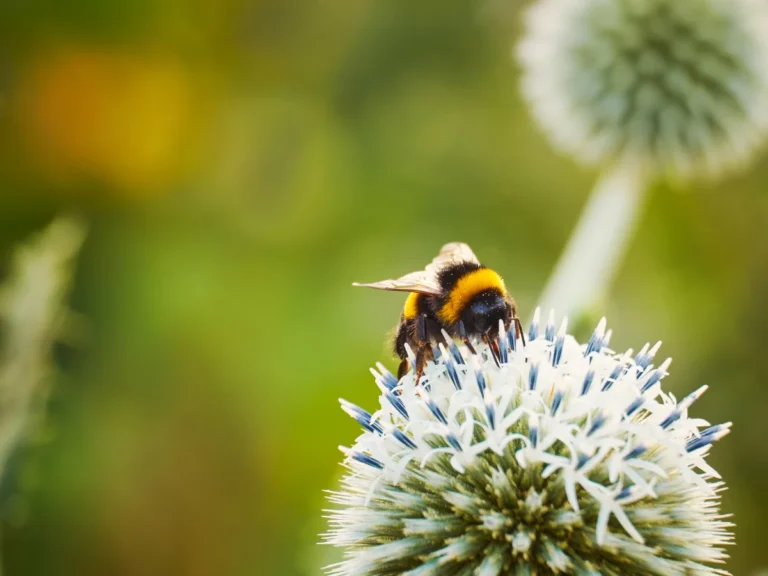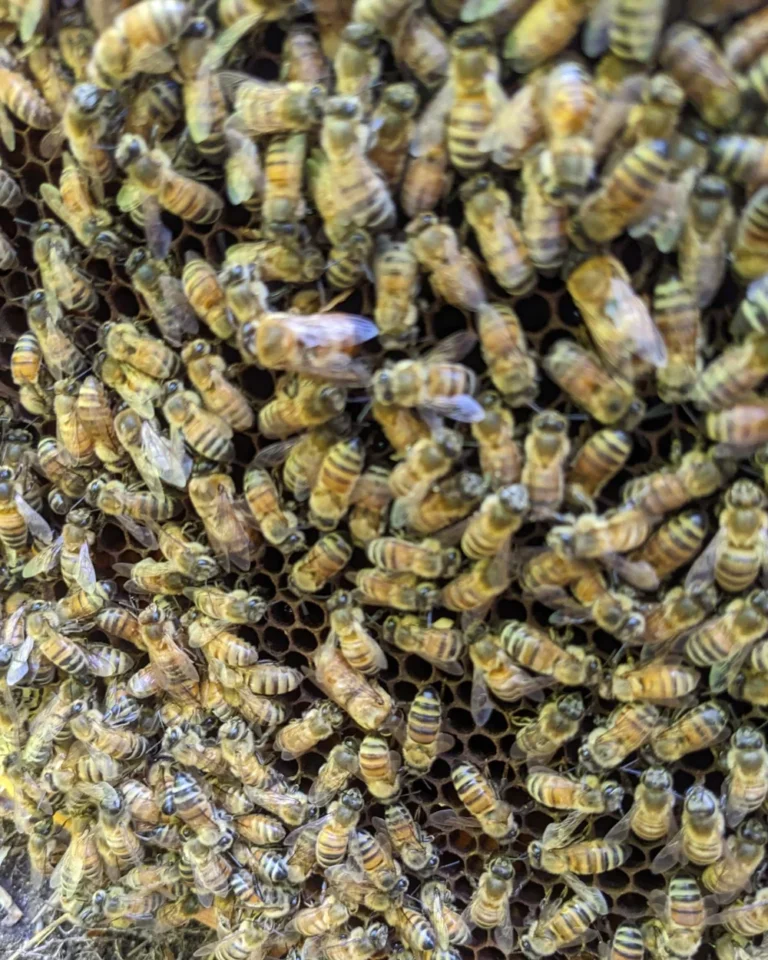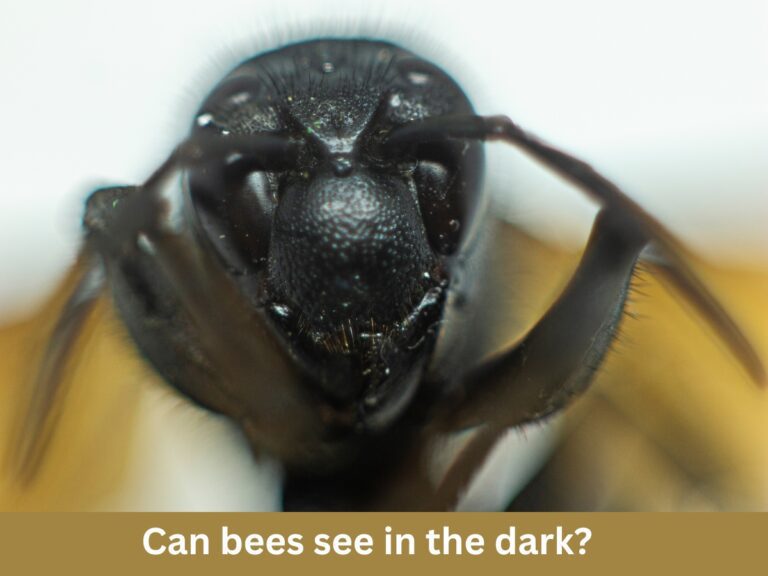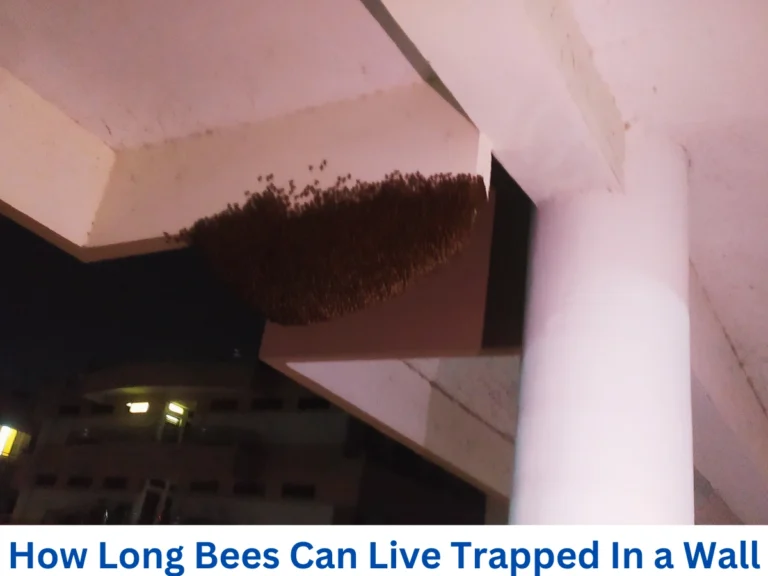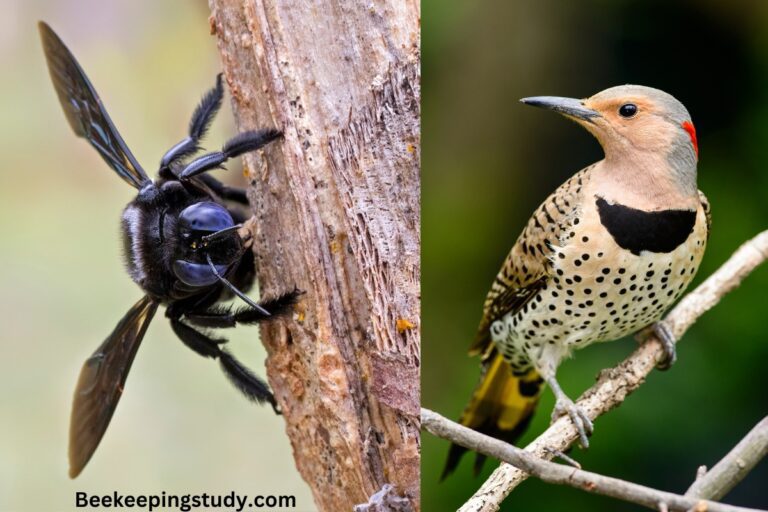This post might be created with help from AI tools and carefully reviewed by a human (Anthor Kumar Das). For more on how we use AI on this site, check out our Editorial Policy.
Are Honey Bees Endangered? Causes, Facts, and How to Help
Honey bees are essential pollinators that support food crops and healthy ecosystems. They help pollinate more than 75% of the world’s flowering plants, including many of the fruits, vegetables, and nuts we eat every day. But in recent years, a growing concern has emerged: Are honey bees endangered?
In this article, we will explore the current status of honey bees, the causes of their decline, and what we can do to protect them. Whether you’re a gardener, farmer, or nature lover, this is a topic that affects us all.
Why Honey Bees Matter
Honey bees play a major role in food production. Crops like apples, almonds, berries, cucumbers, and pumpkins rely on bees for pollination. Without them, these foods would become rare and expensive.
Beyond agriculture, bees help maintain biodiversity. They support the life cycles of wild plants that provide food and shelter to birds, insects, and other animals.
The role of honey bees for the Earth is undeniable. When we protect bees, we protect the balance of nature.
Are Honey Bees Really Endangered?
Honey bees are not officially classified as endangered on a global level. However, many regions have reported sharp population declines. In the United States, beekeepers have lost up to 40% of their hives in recent years.
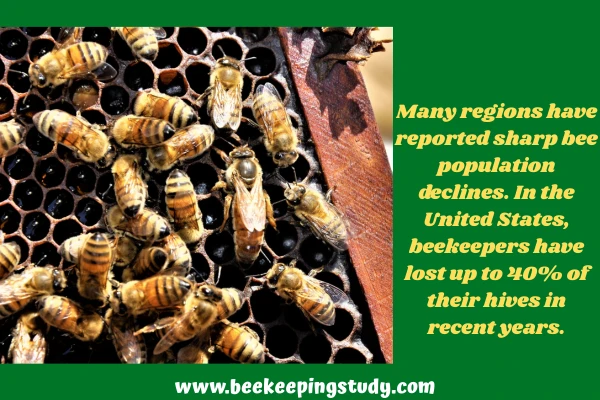
Some native and wild bee species are listed as endangered or threatened. While honey bees are often managed by beekeepers, they still face significant challenges that impact their health and survival.
Main Causes of Honey Bee Decline
There are several reasons behind the decline of honey bees. Here are the 4 major reasons behind it.

- Pesticides: Pesticides, especially neonicotinoids, are toxic to bees. They can damage bees’ nervous systems, making it hard for them to find food or return to the hive. Even small doses can affect bee behavior and memory.
- Habitat Loss: Cities, roads, and farmland have taken over natural habitats. As wildflower meadows disappear, bees struggle to find enough food and nesting places. Less food means weaker hives and fewer new bees.
- Climate Change: Warmer temperatures and unpredictable weather patterns disrupt the timing of flower blooms. If bees emerge too early or too late, they may miss their food source. Climate stress also affects bees’ immune systems.
- Parasites and Diseases: The Varroa mite is one of the biggest threats to honey bees. These tiny parasites weaken bees and spread viruses. Infected hives can collapse if not treated quickly.
- Attack by Predators: Honey bees also face threats from natural predators. Animals like bears, skunks, raccoons, and badgers may raid hives to eat honey, larvae, and bees. These attacks can destroy entire colonies, especially in rural or forested areas. Birds like woodpeckers and some types of wasps also prey on bees during flight.
How We Can Help Honey Bees
Beekeepers like us are trying our best to keep our bees safe. But whether you are a beekeeper or not, you must try to help bees if possible. The survival of honey bees ensures a better and beautiful Earth.
Here are several things we can do to save the bees.
- Plant Bee-Friendly Flowers: Grow a variety of nectar-rich flowers in your yard or garden. Choose plants like lavender, borage, thyme, and sunflowers. Native plants are best because local bees are already adapted to them.
- Avoid Harmful Chemicals: Skip the use of pesticides and herbicides, especially during blooming season. Even “bee-safe” sprays can be harmful in large amounts. Use organic or natural pest control methods instead.
- Support Local Beekeepers: Buy raw honey, beeswax, and other products from local beekeepers. This supports bee-friendly farming practices and helps maintain healthy hives.
- Provide Water and Shelter: Leave a shallow bowl of water with stones for bees to land on. Consider adding a bee hotel or leaving a patch of bare ground for ground-nesting bees.
- Spread Awareness: Talk to others about the importance of bees. Share this article or join a local conservation group. Small actions can lead to big change.
- Make Bear-proof Beehive: If you are a beekeeper, you must keep your colonies protected from predators like bears, skunks, reptiles, etc. Take necessary steps, such as keeping the beehive some distance above the ground, to protect beehives from bears and other honey bee predators.
Honey bees are the greatest friend of nature. It is our responsibility to conserve them for the betterment of the Earth.
Final Words
So, are honey bees endangered? Not officially, but they are facing serious threats. Their numbers are declining due to pesticides, habitat loss, climate change, and disease. These challenges affect us too, because bees are vital to our food and ecosystems.
By planting bee-friendly gardens, avoiding harmful chemicals, and supporting conservation efforts, we can all help. The future of honey bees is in our hands, and every small step makes a difference.
References and Helpful Articles
- J. S. Pettis and K. S. Delaplane, “Coordinated responses to honey bee decline in the USA” Apidologie, vol. 41, no. 3, pp. 256–263, May 2010, doi: 10.1051/apido/2010013.
- T. J. Wood and D. Michez, “Managed honey bees as a radar for wild bee decline?” Apidologie, vol. 51, pp. 1100–1116, 2020, doi: 10.1007/s13592-020-00788-9.
- Not all bees make honey. Check to know who actually does.
- Are honey bees dangerous? What you need to know.

